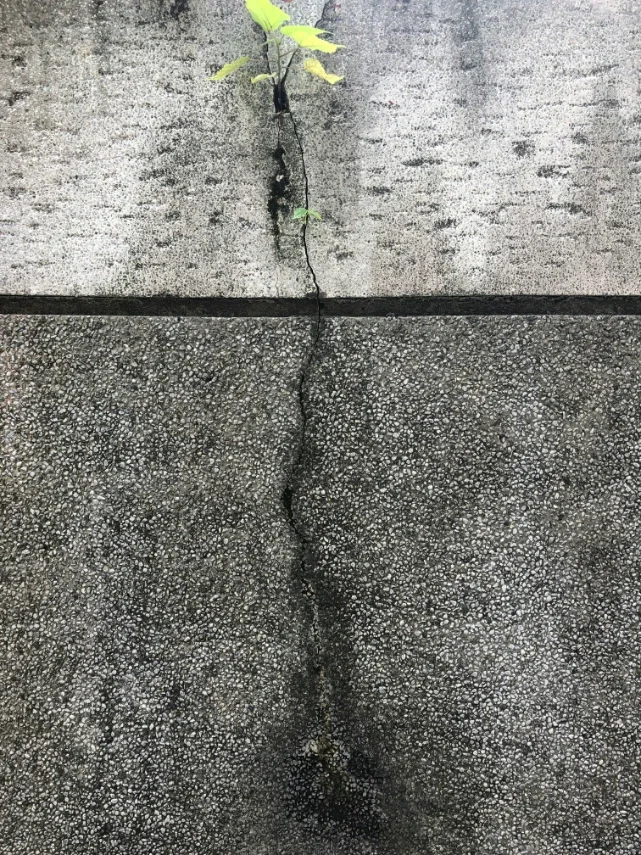The Importance of Timely Concrete Delivery for Construction Projects
Ensure project success with timely concrete delivery—boost efficiency, reduce delays, and maintain structural integrity on every construction site.
Concrete is the foundation of modern construction, used to support anything from homes to skyscrapers. It is durable and flexible, used for everything from sidewalks and driveways to patios and massive infrastructure projects. However, one of the most significant aspects of working with concrete is having it delivered to the job site at the right time and in the right condition. Delayed or mis-mixed batches in transit throw schedules into disarray, increase costs, and jeopardize project quality. We will explore why concrete delivery is so crucial to effective construction, the problems one encounters, and why selecting an effective supplier can be a big leap. Whether a DIY home renovation project or a mega-construction project, understanding the subtleties of concrete delivery can help homeowners, builders, and contractors prepare in advance and stay ahead of the slip-up curve.
Significance of concrete delivery
1. Coordinating Concrete Delivery with Project Timelines
Timing is also important when scheduling a construction project. Concrete has only a limited time frame during which it can be worked with after being mixed and before setting, so timely delivery is necessary. Project managers and contractors must coordinate schedules meticulously to synchronize with crew schedules, weather, and other variable elements of the project. A premature delivery can leave staff waiting or result in rushed pouring, thus unbalanced curing or future cracking. Or, a delivery too early may spoil before it can be used. This nice balancing act is why the need for good communication with a concrete delivery business is emphasized. Online customers search by terms such as "concrete delivery near me" and look for providers experienced with local conditions and who can deliver with tight timetables. Having a provider aware of traffic flow, site access, and the need for precise timing is worth its weight in gold when it comes to staying on schedule and avoiding delays.
2. Factors That Influence Concrete Delivery Quality
Besides timing, there are several determinants of the quality of a concrete delivery. One of the most important is the mixing process. Concrete must be properly mixed in the right proportions to provide strength, durability, and homogeneity. A professional delivery company will adhere to industry standards, using high-quality aggregates, cement, and additives to meet the specific needs of a project. The mode of transport is also vital; mixing trucks must maintain the concrete in motion while in transit to prevent premature setting or material separation. Environmental factors such as temperature and humidity can also affect the batch's integrity; therefore, drivers and suppliers must be aware of these conditions and adjust accordingly. Concrete delivered by volume is also a significant consideration. Ordering too little means waiting for another load; ordering too much means waste and unnecessary expense. Good concrete delivery firms typically assist in estimating volume needs to prevent such issues, resulting in a smoother, quicker pour from start to finish.
3. Customization and Specialty Concrete Orders
Not all building projects utilize plain concrete mixes. Based on the application, clients may require specialty mixes, such as high-strength concrete, tinted concrete, or ecologically specific mixes. Special orders may require more complicated communication between the supplier and the customer since alterations in formula, delivery schedule, and handling processes may be necessary. For example, a stamped or ornamental concrete design may require an addition with contrasting setting times or colorants to deliver the desired aesthetic. Some deliveries may also require additives that boost freeze-thaw resistance or lower water permeability for outdoor installations. Procuring a concrete delivery supplier capable of producing to custom specs ensures that material arrives precisely the specified way, reducing the likelihood of on-site adjustments or quality problems. It also underscores the advantage of dealing with suppliers with the expertise and adaptability to provide for diverse project needs without sacrificing reliability or consistency.
4. The Role of Technology in Modern Concrete Delivery
Technological progress has transformed virtually every construction activity sector, and concrete delivery is no exception. Most vendors today utilize live GPS tracking to track their fleets, allowing clients to track the precise location of their deliveries and estimated arrival time. The openness eliminates ambiguity on-site and improves precision in scheduling. Online ordering sites also make it easier for homeowners and contractors to specify the needs of their order, deliver, and receive confirmations, making the entire process even easier. Concrete mixers also often come with automated mixing equipment that can adjust in transit if needed, so consistency is still achieved even if there are long deliveries or unavoidable traffic delays. These improvements enable a more responsive, efficient, and customer-focused delivery process. Through leveraging technology, concrete delivery providers can transcend common challenges and support projects of any size, whether a small patio in a residential backyard or a multi-story commercial structure.
5. Environmental Considerations in Concrete Delivery
As sustainability continues to gain prominence in the construction industry, most concrete delivery providers are adopting environmentally friendly practices to reduce their carbon footprint. One way providers do this is by offering recycled aggregate, reducing the amount of virgin materials used, and diverting construction debris from landfill disposal. Second, some organizations utilize fuel-efficient or electric-powered delivery vehicles to lower emissions during hauling. Another critical aspect is disposing of concrete and washout water excess in an eco-friendly way, not causing harmful run-off into local waterways. Green suppliers could also work with customers to consolidate order quantities to avoid excess material and reduce waste on-site. These initiatives reinforce green building certifications and complement general community efforts toward more sustainable construction. Choosing an environmentally conscious concrete delivery firm demonstrates a commitment to sustainable construction practices and the high-quality standards for a solid and reliable end product.
Concrete delivery is not simply hauling stuff from a plant to a job site; it is pivotal to achieving successful construction. A good delivery service considers the arrangements for having material on site promptly and the quality, consistency, and custom requirements for every project. As construction projects evolve with new techniques and demands, so does the role of concrete delivery. By choosing a supplier committed to excellence at each step of the process, builders and homeowners can lay the groundwork for buildings that will last.




